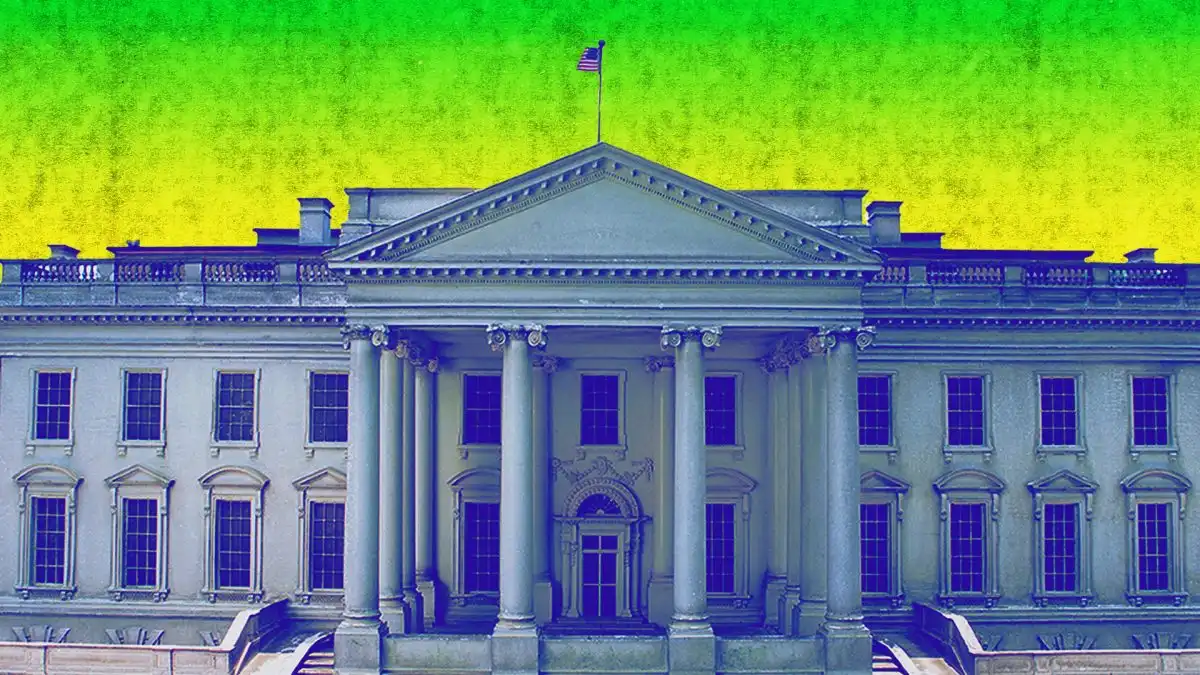- Treasury to manage crypto reserve using seized digital assets only.
- GENIUS Act enforces dollar backing for all U.S. stablecoins.
- CFTC may soon regulate spot markets for non-security crypto.
The White House has released a 168-page report proposing a regulatory structure for digital assets in the United States. This follows an executive order by President Donald Trump, directing the President’s Working Group on Digital Asset Markets to develop these recommendations.
Among those serving on the working group are Treasury Secretary Scott Bessent, Commerce Secretary Howard Lutnick, and SEC Chair Paul Atkins. Their work was to clarify crypto policies such as self-custody, market regulation, stablecoins, taxation, and decentralized finance.
In the report, the group promoted blockchain’s potential to reshape economic infrastructure and highlighted the need for legal certainty for innovators in the crypto space.
Congress was called upon to affirm that Americans are allowed to control their digital assets directly without involving other people. The group also provided an option that allows the Commodity Futures Trading Commission to supervise non-security digital asset spot markets.
Also Read: Is XRP Still Relevant as a Bridge Asset Amid Stablecoin Dominance? Here’s What You Should Know
Strategic Bitcoin Reserve to Be Funded Through Forfeiture, Not Taxpayer Money
A key feature of the report is a proposal to create a digital asset stockpile and strategic bitcoin reserve. The U.S. Treasury would manage both, using assets acquired through forfeiture proceedings.
President Trump proposed a cost-free method of constructing the reserve earlier this year. He ordered that no further taxpayer money be spent on purchasing digital assets.
Assets expected to be part of the stockpile include bitcoin, XRP, SOL, ADA, and ETH. The report established that these assets would not be disposed of and would operate in the country’s interest.
According to officials, the bitcoin reserves would be in the hands of the government. They would only be employed according to the available legal structures.
The official stated that Treasury was working on the reserve, and though no particular dates were mentioned, the plan to roll it out was very much on track. More details will be announced at a later date.
Stablecoin Law, Crypto Tax Rules, and DeFi Guidance Also Included
The report follows President Trump’s recent signing of the GENIUS Act into law. The law establishes a framework for stablecoins, requiring full backing by U.S. dollars or equivalent liquid assets.
Transparency standards and reserve audits for stablecoin issuers were also addressed. Congress is still negotiating larger crypto legislation, new versions of which are currently being passed in the House and the Senate.
Regarding taxation, the group offered IRS guidance on how to account for digital asset gains and losses. They also demanded to know how wrapping and unwrapping crypto tokens should be taxed.
Another area of interest was small-scale transactions, where suggestions were made of a de minimis exception. This would minimize the number of taxes users of low-value crypto transactions would have to pay.
Lawmakers were urged by the working group to assess decentralized finance systems based on their governance structures. They further proposed that the SEC consider the exemptions by allowing temporary projects to allow early-stage innovations in the crypto project area.
The report presents a formal roadmap for digital asset regulation in the U.S. Additional developments, especially related to the bitcoin reserve, are expected from Treasury officials soon.
Also Read: Tokenforge Unveils TKFG Presale Backed by Real Utility in Regulated Ecosystem
